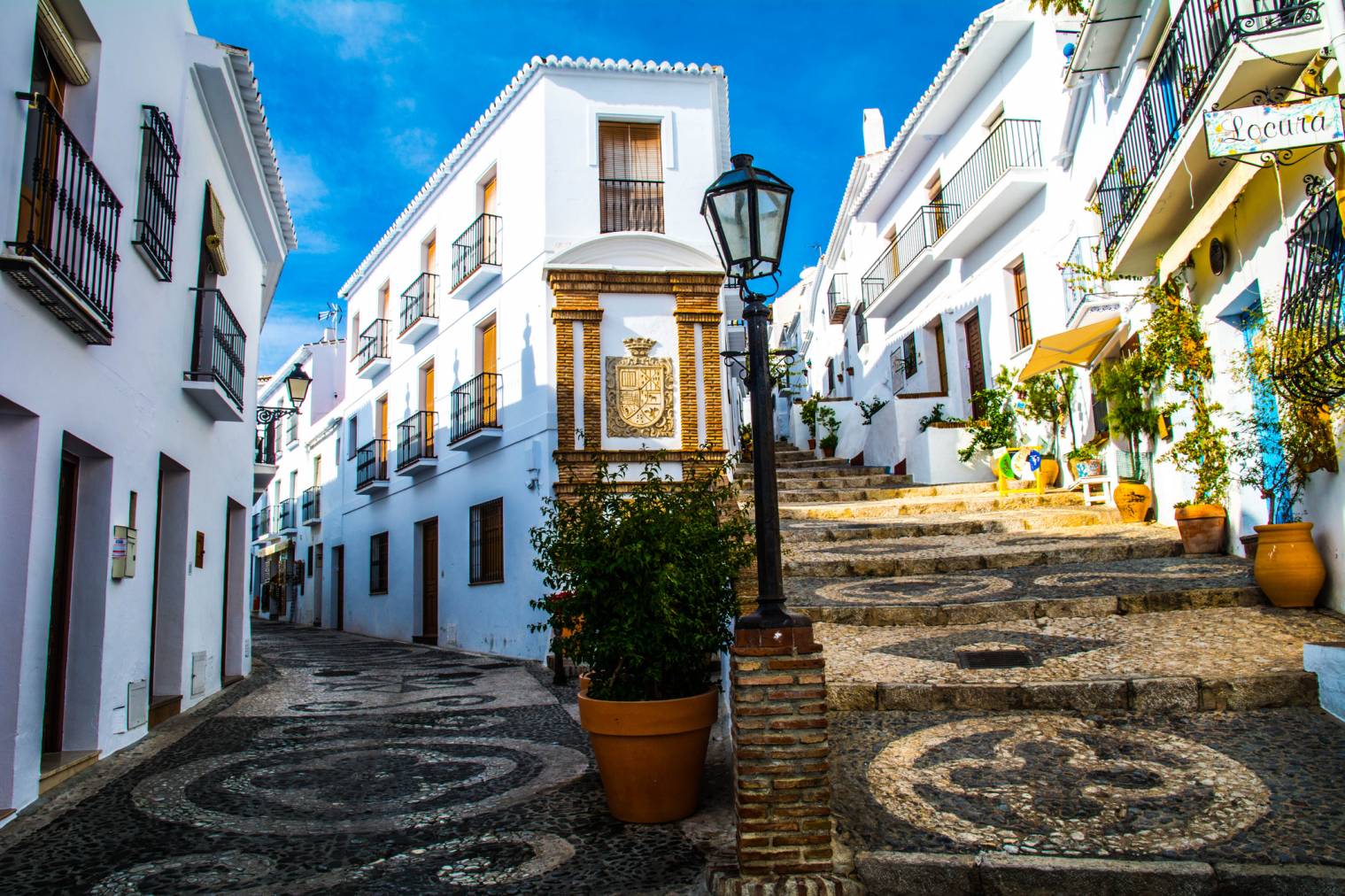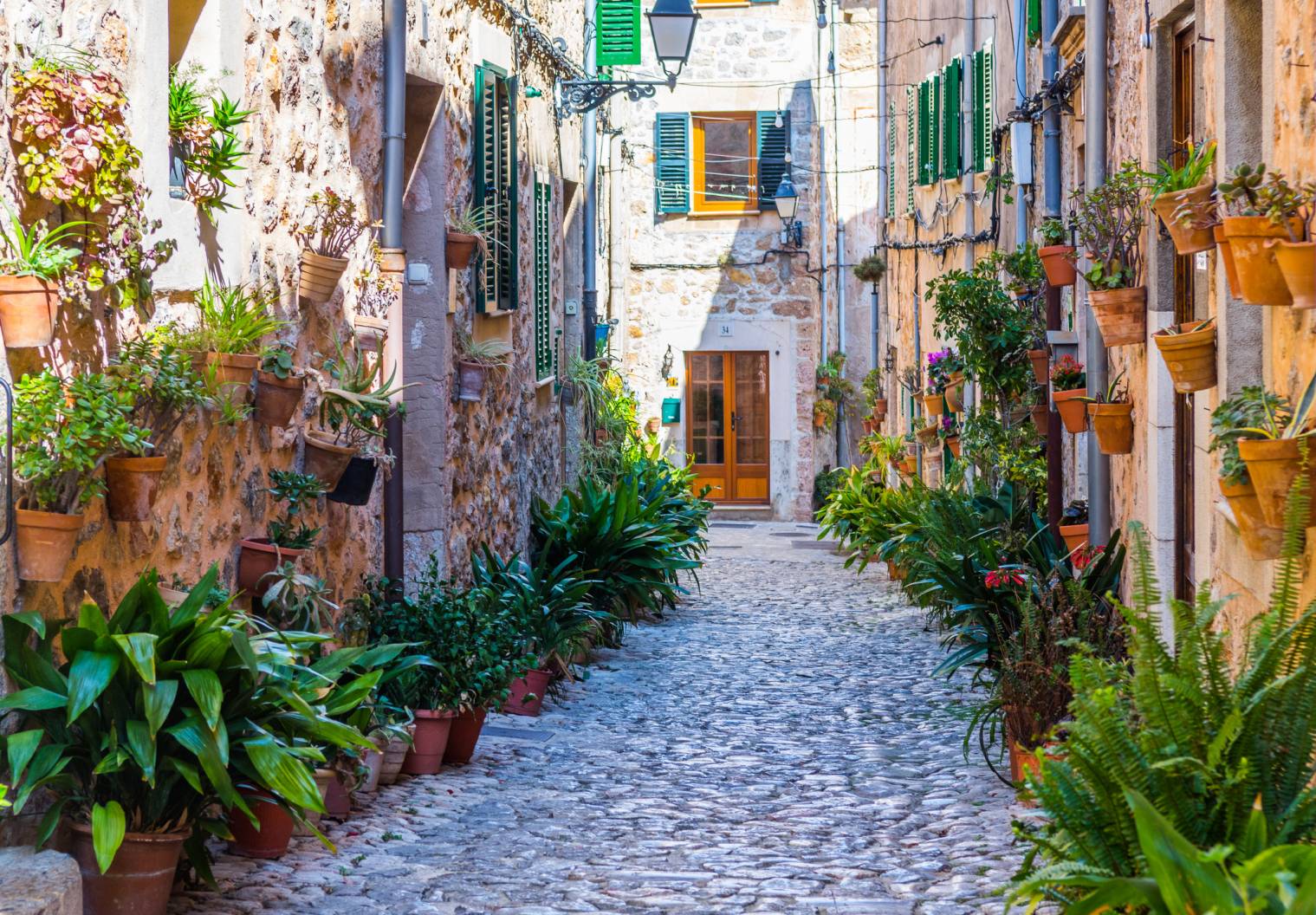Real estate: what are the advantages and disadvantages of being a non-resident (EU) in Spain?

Spain offers an exceptional living environment with its mild and pleasant climate all year round, its sunshine that lasts more than 310 days, its idyllic landscapes and its kilometres of coastline. For all these advantages, many foreign investors choose the country to buy their second home. In addition, property prices in Spain are lower than in France, and the tax system is more advantageous. If you buy a property in Spain, but live there for less than 183 days a year, you are a non-resident. However, being a non-resident in Spain does not only have its advantages. Here's an update.
Particularly attractive prices
Financially, investing in Iberian real estate is an attractive proposition. Indeed, prices have fallen in Spain since the property bubble burst in 2008. They have fallen by 40-60% in seven years. Despite a slight increase since the second half of 2015, Madrid, the Spanish capital, remains one of the cheapest cities in Europe, with an average of €2,800 per square metre and reaching €4,000 in the most exclusive areas, compared to €8,125 in Paris. In coastal cities such as Playa De Aro, Roses or Lloret de Mar, the price per square metre is around 2,500 euros on average, which is very affordable compared to the price per square metre in the Côte d'Azur, for example. It is therefore more interesting to invest in Spanish real estate if you only consider the prices.

A different purchasing process to that in France
Buying a property in Spain does not involve the same procedures as in France. Indeed, the preliminary contract is not obligatory. However, it is frequently used in the same form as in France. It can be a reciprocal promise to buy/sell or a unilateral option to buy. However, the ten-day withdrawal period does not apply in Spain. In addition, a loan guarantee is not required. It is therefore up to you to take out a mortgage guarantee on your property at the request of the bank.
Another important advantage is that you can get a home loan at a lower interest rate than in other EU countries. Spain lowered its interest rates after the 2008 financial crisis. The country also lowered its VAT by four percentage points. Real estate transaction fees have been reduced by 7%. In addition, the transaction time for a property purchase is shorter in Spain than in France.
The role of the notary is also a point of difference between buying property in France and Spain. While French notaries carry out all the legal, administrative and town planning checks on the property before the sale, Spanish notaries are not required to check this information. It is the responsibility of the buyer to verify the authenticity of the property. They also have the right to choose the notary. As a buyer, you should therefore make sure, for example, that the land registry is correct and that the property sold is not subject to a mortgage. It is therefore advisable to call on the services of a lawyer to avoid any unpleasant surprises.
Lower taxation
The main tax in Spain is the ITP (Impuesto de Transmisiones Patrimoniales) or property transfer tax. The total amount of ITP on sale is 6% in Madrid, 7% in the Basque Country, 8-10% in Andalusia, 8-11% in the Balearic Islands and 10% in Barcelona and Valencia.
Spanish taxes are lower than French taxes. In the land of Cervantes, the property tax is half as high as in France. In Spain, the habitation tax does not exist. Since the 2014 tax reform, tax rates in Spain have been falling. This rate is 19% for non-residents, while it is 25-40% depending on the marginal tax bracket in France.
Depending on the region, taxes, fees and charges add up to between 8 and 13% of the purchase price. It is therefore possible to reduce taxes further by choosing the city or region with the lowest PIT.
You can pay for your purchase by bank transfer, cheque or cash. If you choose the latter option, you will have to present the Spanish notary with a document from French customs proving the origin of the funds for purchases over 100,000 euros.
If you decide to rent out your property, the rental income will be taxed at the rate of 19%. However, by deducting annual depreciation, maintenance and repair costs, taxes and charges, you can significantly reduce or even eliminate the taxable income. If your expenses exceed your rent, the balance can be deducted over the next four years.

A profitable rental investment
Investing in property is more profitable in Spain than in France. As prices are lower in Spain, you will pay fewer charges. In addition, rents are less taxed as the tax on rental income in Spain is set at 19%.
Spain attracts many tourists who tend to stay much longer due to its pleasant climate (with an average annual temperature of 16°C). Villas and flats in coastal towns close to the French border such as those on the Costa Brava are particularly popular.
Historic sites, nature reserves and miles of beaches are just some of the attractions of Spain, not to mention its cultural wealth, gastronomy and lower cost of living. Making a rental investment in Spain allows you to benefit more than if you were to make a rental investment in France, whether it is a seasonal or annual rental.
Please complete the form by clicking below and our advisers will get back to you as soon as possible to discuss your project.
You can also contact us at +34 872 268 850








